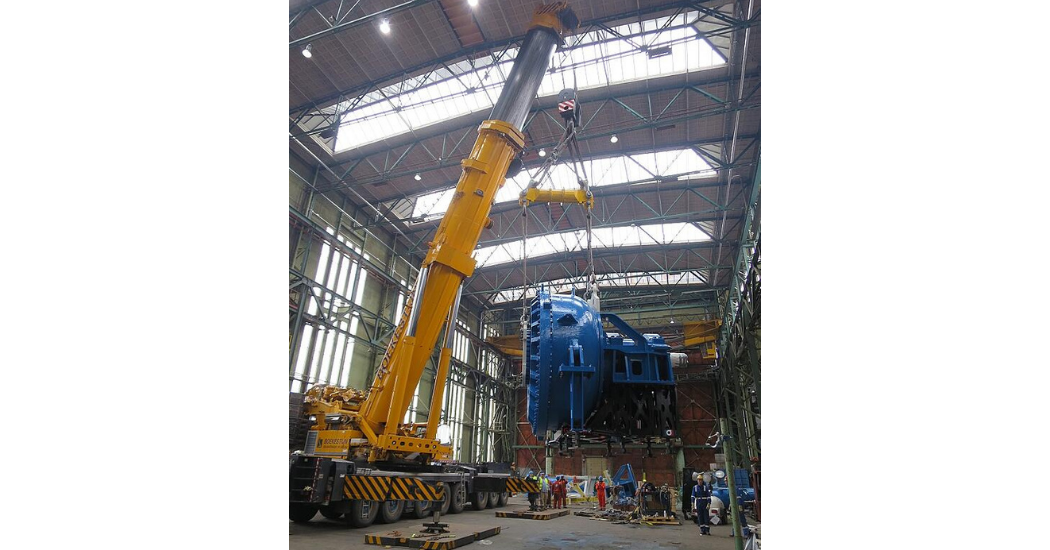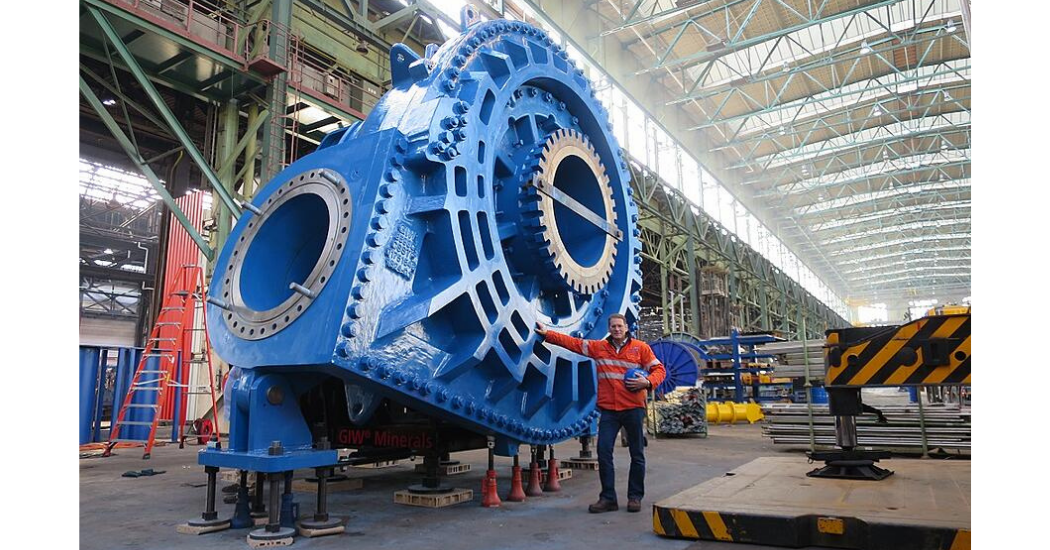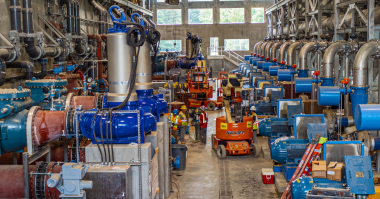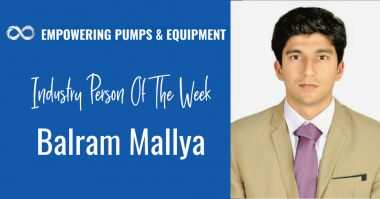Mining and dredging operators are seeing an increase in production due to socioeconomic trends and increased demand for mined goods. While this increase is a good thing for the industry, it means that operators need to consider the costs of pump maintenance and replacement as well as the cost-benefit of utilizing fewer larger pumps versus additional smaller pumps to perform the same work.
Larger pumps equal longer wear lives, lower maintenance, energy costs, and TCO
With the advent of increased mining and dredging operations, larger slurry pumps can benefit global mine operators in multiple ways. One of the main advantages to larger pumps is that larger pumps reduce the amount of maintenance outages because they rotate slower, provide longer wear lives, and can therefore operate longer between routine maintenance.
In addition to less downtime, larger slurry pumps mean that operators can lower overall maintenance costs because the pumps are more reliable. Operators can also save costs by keeping fewer spare parts on hand, and maintenance staff has less equipment to manage.
A final cost-benefit of larger slurry pump sizes is the ability to ensure proper water flow rates, which means there’s less resistance as water transfers out of the mines, reducing energy costs and making operations more sustainable.

Larger slurry pumps are safe to operate
Because larger slurry pumps are primarily lifted via lifting jigs and tools (provided by KSB), operators can ensure better on-the-job safety.
On top of this, our customers can increase safety and efficiency while reducing costs associated with maintenance through GIW’s Remotely Adjusted Mechanical Liners (RAMLS) technology. It takes just one worker less than a minute to adjust the clearance between the pump impeller nose gap and the suction liner, where it once took an entire crew an average of 32 work hours and required the use of hand tools to make the same adjustments.
Mineral mining is a key indicator for economic growth
Worldwide mineral production is increasing due to population growth, the desire for a better quality of life, and greater demand for construction and manufacturing, clean energy, electricity and fuels, and fertilizers and pesticides. This requires more effective pumping operations based on the increased demand.
GIW is the mining industry leader for larger pumps. With equipment in place in oil sands, hard rock mining, and dredging operations, GIW is proving the value of larger pumps by helping mines keep up with the production demand increase caused by a host of socioeconomic factors. Instituting larger equipment is a safe and efficient way to reduce costs and boost production.
Originally publish on KSB’s Pump Fundamentals Blog.




